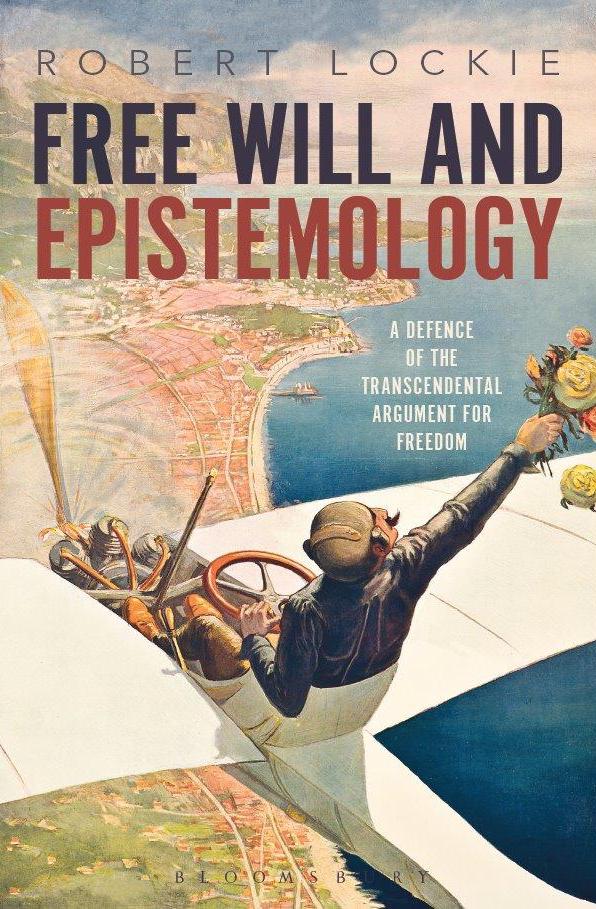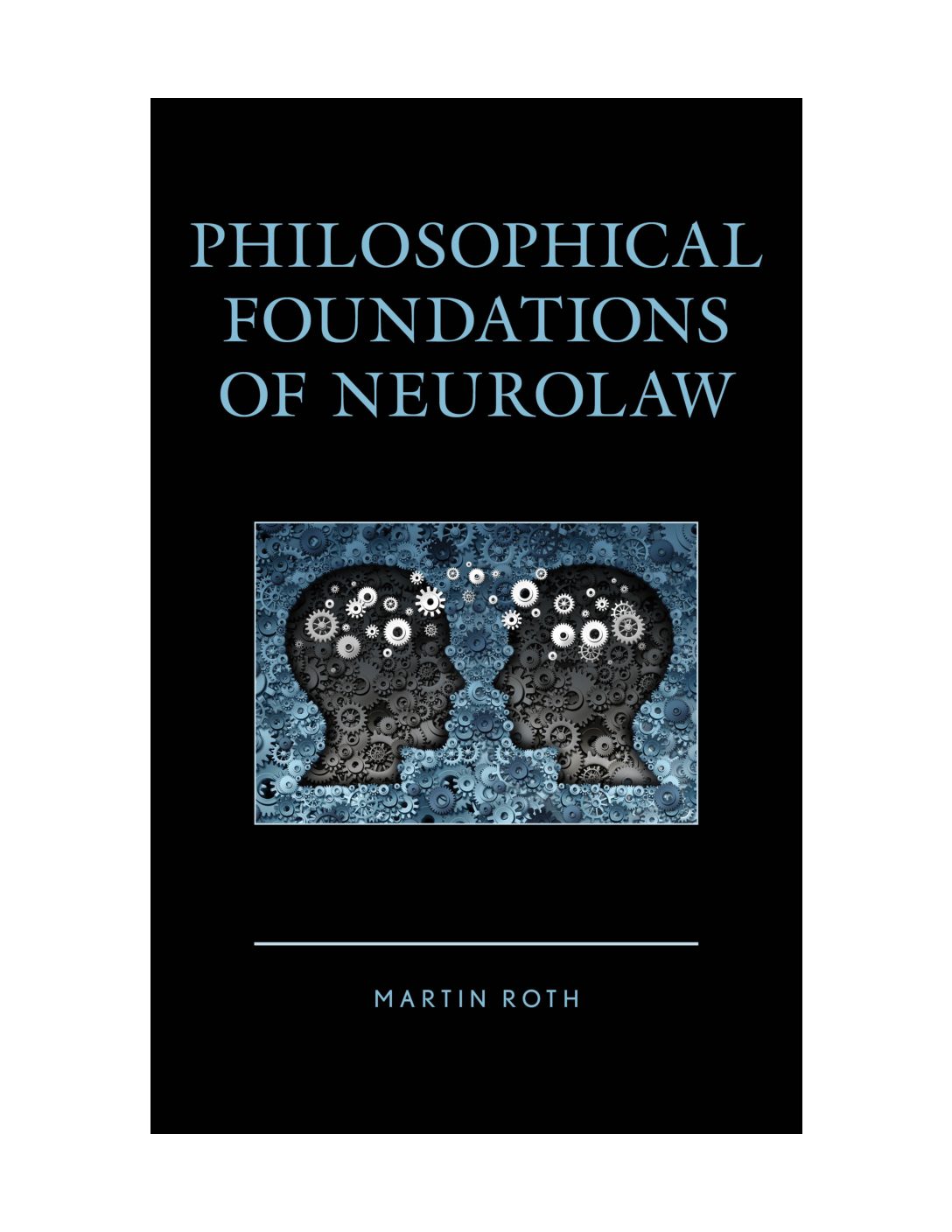Jenann Ismael on AI and Agency
This is the third of several short interviews on AI and agency. In the interest of our guests’ and audience’s time, the interviews will be brief, but each interview is supplemented with a reading list that allows readers to explore the topic in greater depth. We are fortunate to have …






